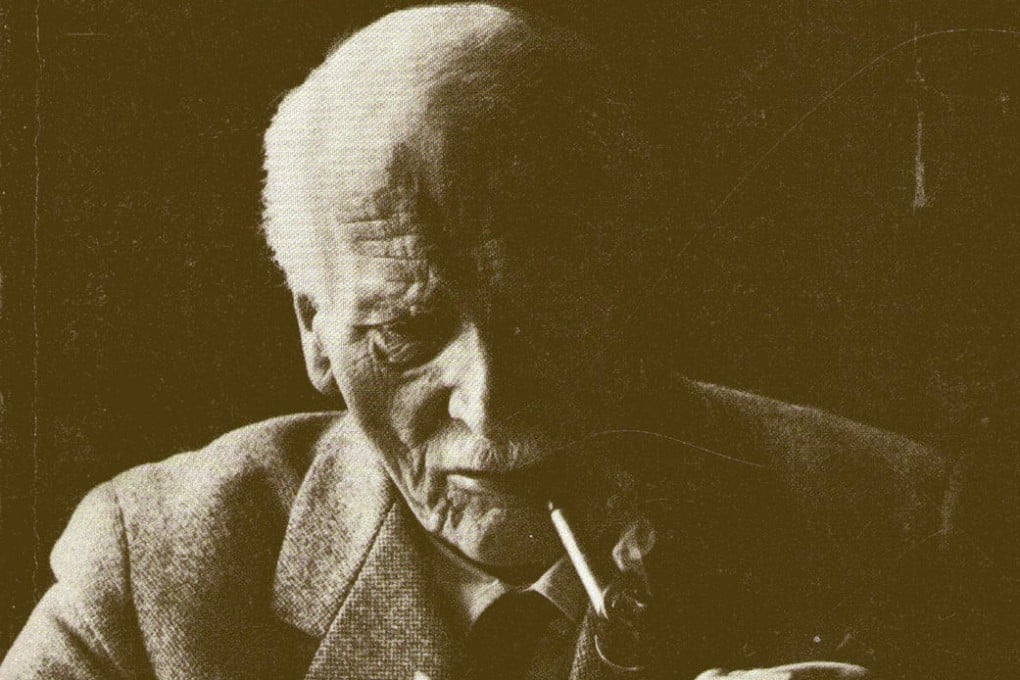Carl Jung's Memories, Dreams, Reflections owes popularity to its dissection of his unconscious

by Carl Jung
Vintage Books
Ostensibly an autobiography, Memories, Dreams, Reflections is unlike most memoirs in that it doesn't cover the main events of his life, but rather offers glimpses of his inner life. What's more, Carl Jung only wrote some chapters - his colleague analyst Aniela Jaffe wrote the bulk of it.
For anyone familiar with Jung's work and his conviction that the mind and personality are driven by unconscious and even spiritual forces this won't come as a surprise. The great Swiss psychoanalyst famously split from Sigmund Freud, rejecting Freud's emphasis on sex as the sole source of motivation. He then spent years intensely analysing himself and it was during this period that he became interested in dreams and symbols. This work founded the basis of his new approach that he called analytical psychology.
His descriptions of his dreams, visions and fantasies are the highlights of the book and make for a much more interesting and comprehensive read than a dry account of his theory. And that's what Jung was all about: dreams and fantasies weren't personal fancies, they were the window through which he viewed the world and humankind. This approach, giving a ringside view of the inner workings of his unconscious, is what made the book so popular. It has never been out of print since it was published in 1961.